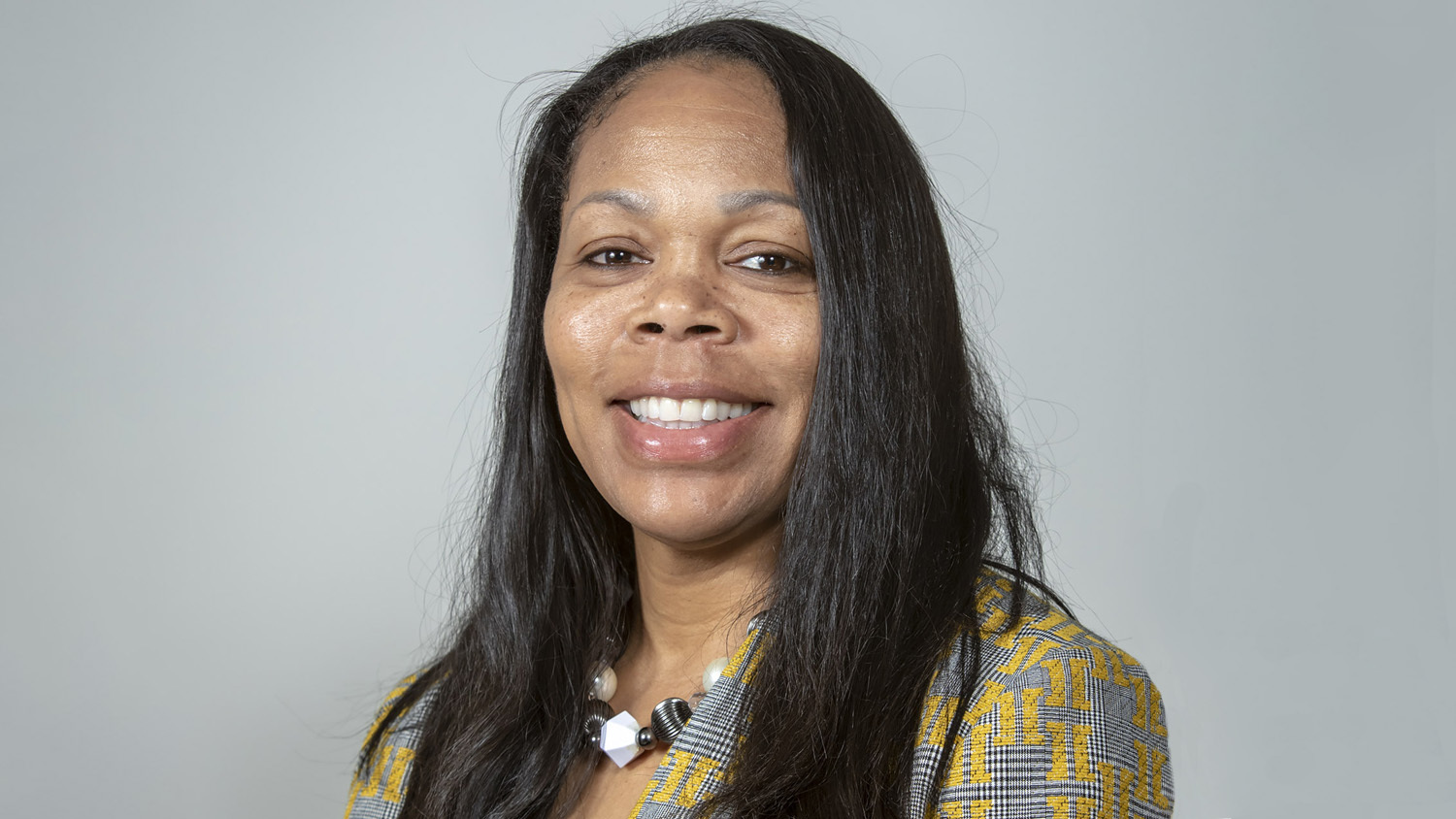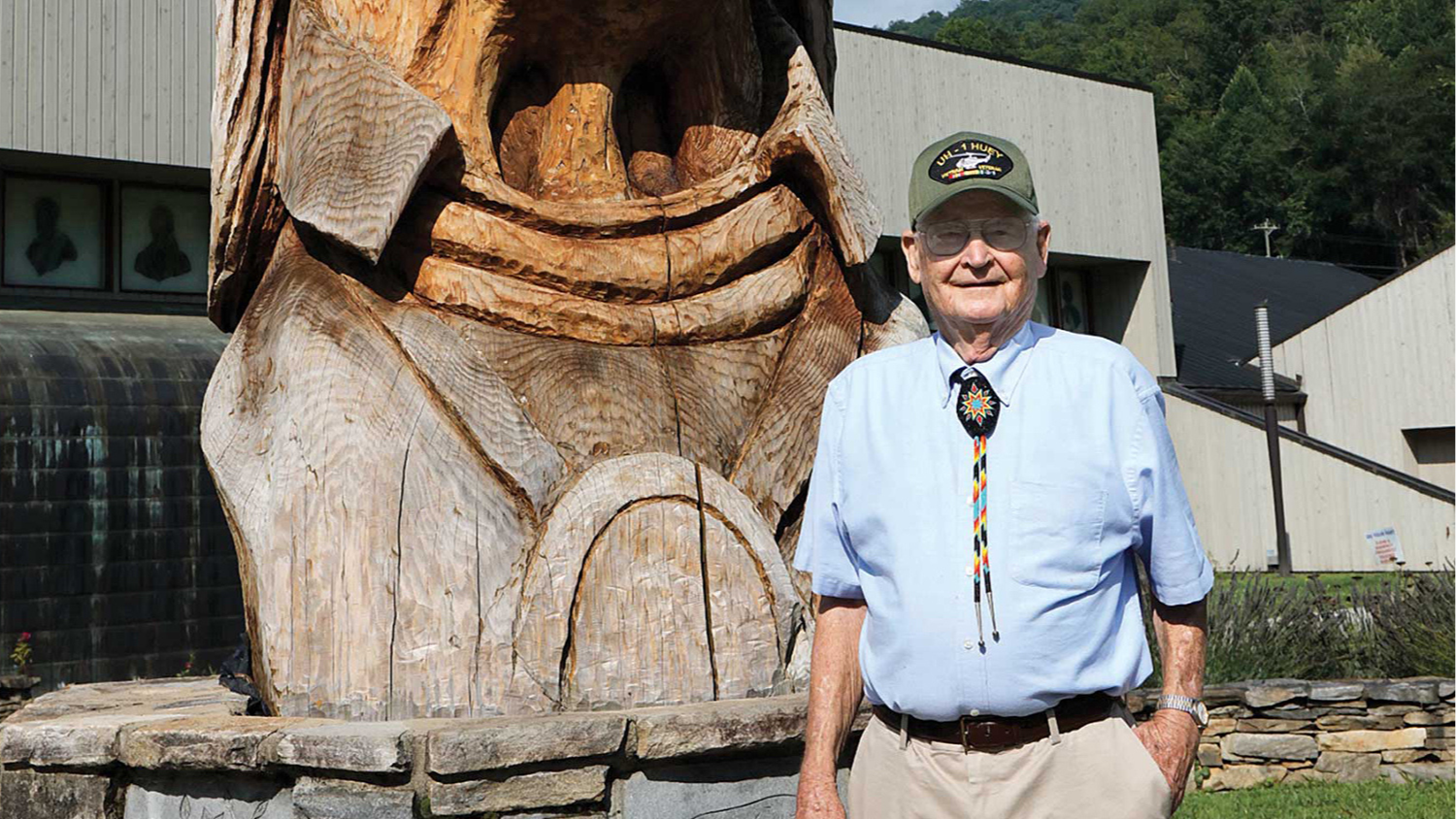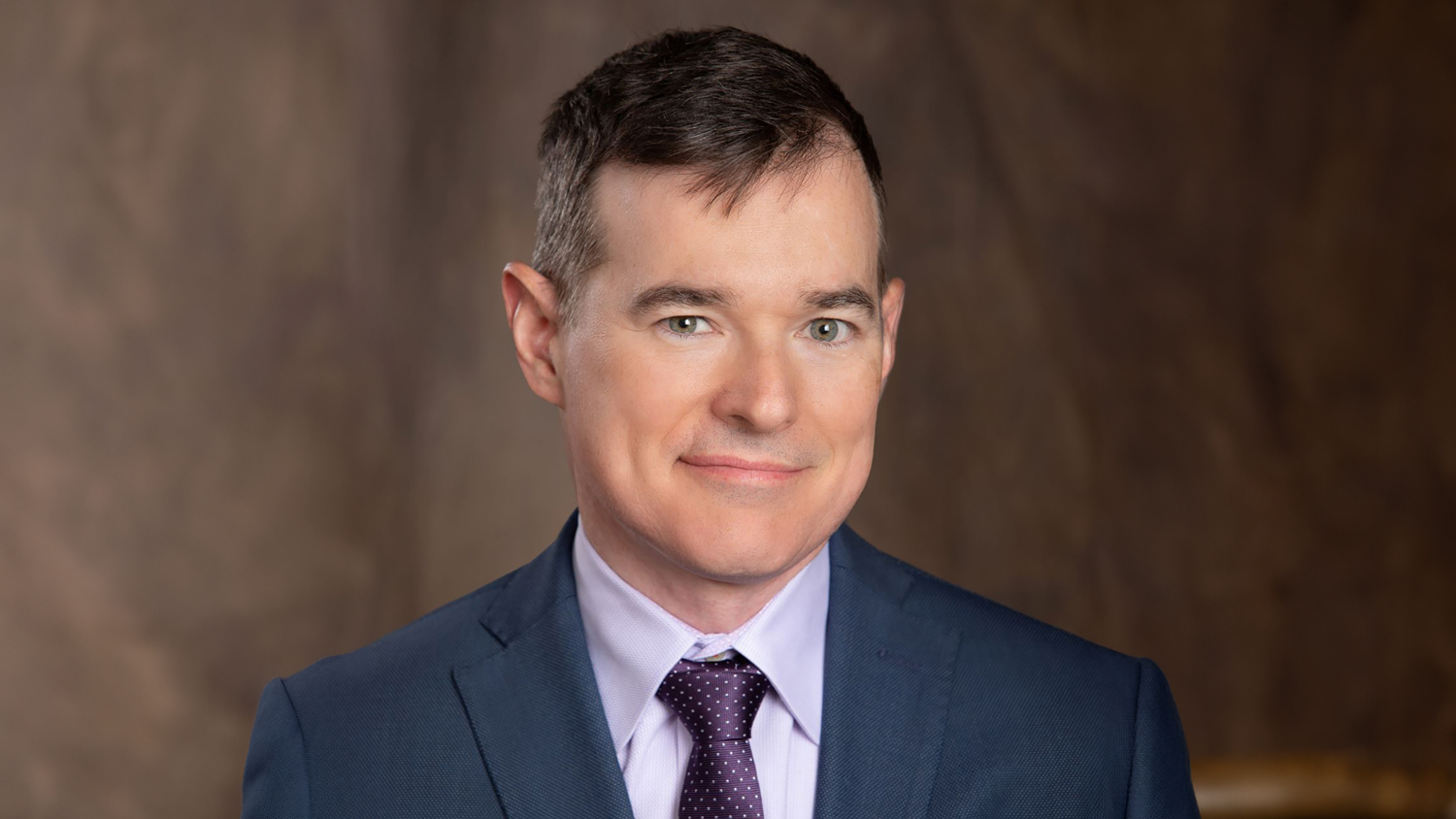Associate Professor Lisa Bass Named President-elect of the University Council for Educational Administration (UCEA)

NC State College of Education Associate Professor Lisa Bass remembers thinking it was a big deal when she first joined the University Council for Educational Administration (UCEA) as a graduate student and began regularly attending their annual conference.
Over the years, Bass has served in various roles for the organization, including being an elected member of the executive committee and working as a mentor in the UCEA’s Jackson Scholars Network.
Now, Bass is preparing to step into the biggest leading role in the UCEA after being named president-elect in November.
“As a graduate student, the UCEA conference was my home conference that I would go to and I’ve been going to for years,” she said. “I just have a lot of respect for the organization and all of the programs they offer. Having been connected in that way to this organization that I really respect for so long, it just meant everything for me to be elected as the next president.”
The UCEA is a consortium of higher education institutions that are committed to advancing the preparation and practice of educational leaders for the benefit of schools and children by promoting and disseminating research on essential problems of leadership practice, improving preparation and professional development of educational leaders and professors, and influencing educational policy.
Before taking over as president at the UCEA Convention in Minneapolis this fall, Bass’ role as president-elect means she has had the opportunity to plan and select a theme for the event.
She chose to focus on “A Call to Action: Imagining a Hard Reset in Educational Leadership,” drawing on a term she first came across in a 2021 article from Gloria Ladson-Billings. The choice, Bass said, is meant to address the uncertainty that has existed as people struggle to adjust to the new normal after the pandemic.
“Right now, it just seems like there’s so much in the air. So many crises are going on and people are nervous and jittery and are struggling to know what their place is,” she said. “There are too many things that have changed, some things for the better and some things not, but we have to cope with the good and the bad and define where we want to go, otherwise it will be defined for us and we will continue to feel unsettled.”
To further address some of the unsettled feelings among scholars, as well as the ongoing mental health crisis, Bass has also opted to introduce affinity circles as well as action components to this year’s conference.
In addition, she hopes to put together a special issue publication for educational leaders.
“Even though we look at issues of academic freedom from a higher education perspective, it trickles down to the elementary, middle and high schools as well. So, we’re going to do a call for principals who have had to deal with difficult situations and have cases for other people to read so they can navigate that as well,” Bass said.
- Categories:


